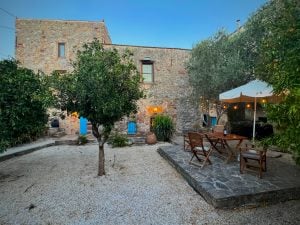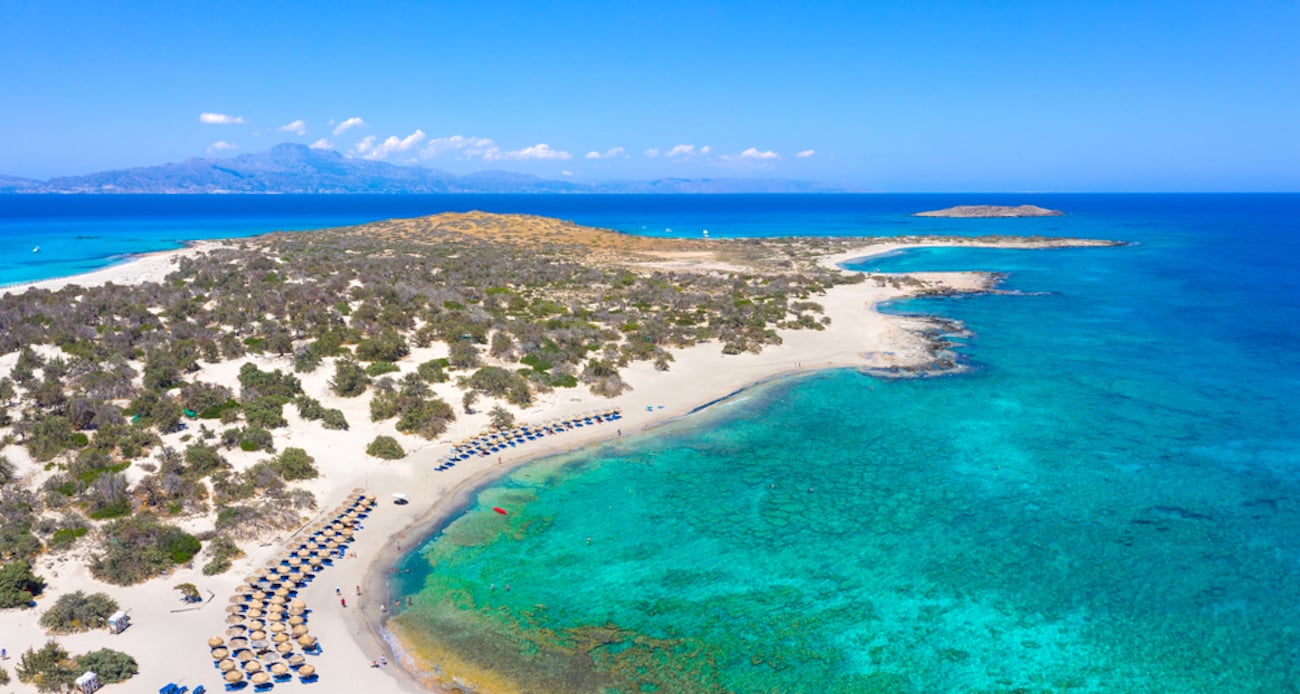What are the foods Plato, Aristotle, and the mighty Alexander the Great could eat in Ancient Greece? What did the people of Ancient Greece eat daily? Did the food habits of the Ancient Greeks affect the eating habits of today’s Greeks?

The Ancient Greek Diet
The diet of the ancient Greeks was mostly from the local sources. The rocky landscape and the warmth of the Mediterranean sun let the Greeks grow fruits and vegetables, and also to keep livestock. Fish was naturally a part of the diet, since most Greeks lived near the coast.
Grains in Ancient Greece
The terrain also made it possible to produce bread. Wheat and barley were the most usual grains in the times of Ancient Greece. Grains were either eaten as bread, used in baked goods, porridge, or added to soups. Millet was also a common ingredient, and the Ancient Greeks used it to make unleavened bread.

Wine in Ancient Greece
Wine was consumed usually at meals, but always mixed with water. Drinking undiluted wine was uncivilized. Mixing wine with water in a three to one ratio had several benefits. You wouldn’t get drunk, and the diluted mixture gave hydration, calories, and great flavor. It was not considered good to be drunk in Ancient Greece.
Also worth noting is another peculiar drink of the Ancient Greeks, known as “kykeon”. This beverage was a mix of barley gruel, water (or wine), herbs, and goat cheese, which resulted in a consistency something like a thick milkshake. We hope this opened your appetite, because now it’s time to explore mealtime in Ancient Greece.

Breakfast in Ancient Greece
Breakfast in the times of Ancient Greece was light. The most common breakfast was bread, usually made of barley, dipped into wine. This was considered ideal for starting the day of work.
It was also possible, if they were bored of bread and wine, to eat something called “teganites”. This was like a pancake and was made of wheat flour, olive oil, honey, and curdled milk. Sounds delicious, right? It was also not uncommon to eat leftovers in the morning.
Lunch in Ancient Greece
In Ancient Greece, the lunchtime meal was often light and included bread, cheese, olives, and occasionally fish. The light lunch was ideal for workers who didn’t want to be weighed down by a heavy meal.
It’s possible that this tradition of multiple small plates of food became the “meze” tradition in Greece. In other areas of the Mediterranean and in the Middle East, it is possible to find similar traditions of small dishes or appetizers, like the Tapas culture in Spain.

Dinner in Ancient Greece
Dinner was the largest and most important meal of the day for the working class in Ancient Greece. It was common at this time to meet with friends and to discuss philosophy (if you were from the middle or upper classes). At this time, men and women ate separately. If a family had slaves, the slaves would serve the men first, then the women, and then they would eat themselves.
Desserts in Ancient Greece
Dessert was not very common in Ancient Greece and was usually only eaten in festivals or special times. Sugar wasn’t known in Ancient Greek times, so honey was the designated sweetener. Common desserts were cheese, figs, or olives topped with honey. Basically, if it had honey on it, it was dessert! Pictured below is sesame with honey — a dessert also found today.

Do Greeks Today Eat Like the Ancient Greeks?
Today’s Greeks eat a lot more varied diet when compared to the Ancient Greeks. The core pieces of a traditional Greek diet, like legumes, fresh fruits and vegetables, and grains, are still prevalent, although today you will find more meat eaten by the average Greek. Also, many Greek cities are famous for their desserts, which were not around in Ancient Greek times.
Similar to the Ancient Greeks, modern-day Greeks enjoy a light breakfast and lunch, and consider dinner as the main meal of the day. It is still common to enjoy wine with a meal in Greece, although it is rare to see public drunkenness or drinking to excess. Beer is also common as a mealtime beverage. If you add water to your wine like the Ancient Greeks did, a Greek might give you a funny look.



































